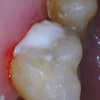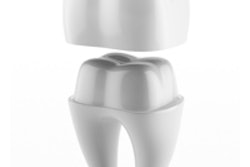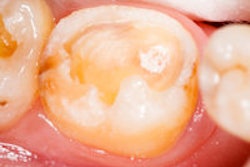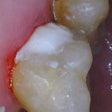BOSTON - A poster presentation at the International Association for Dental Research (IADR) 2015 General Session showed how surface sealing had no noticeable effect on surface staining and discoloration of composites.
The research team from the Islamic Tehran Azad University of Dentistry in Tehran, Iran, noted that color stability of tooth-colored restoration material is a noticeable issue in cosmetic dentistry. Also, discoloration of resin composites is one of the most cited reasons for replacement of restorations in the long-term.
Surface sealing, or glazing, of the composite restoration is one of the techniques introduced to overcome this issue; the aim of the current study was to evaluate the effect of surface sealing on composite discoloration.
Eighteen 3 x 11-mm composite disks (Amelogen A2) were prepared and divided into three groups: control, polished, and glazed. No treatments were done on the surface of the composites in the control group, while in the polished group the samples were polished with Sof-Lex disks according to manufacturer instruction. The samples in the glazed group were first polished exactly similar to the polished group; then a surface coating (Permaseal) was applied and they were stored in distilled water for 24 hours.
All samples were brushed and stored in natural saliva. The samples were exposed to a staining solution (Lipton tea) and examined by spectrophotometer (Coloreye 7000A). Additionally, one sample of each group was analyzed by scanning electron microscope.
Testing found no statistically significant differences in discoloration between the three groups. The authors concluded that surface sealing had no particular effect on surface staining and discoloration of composites. In addition, discoloration was not clinically noticeable across the three groups.



















